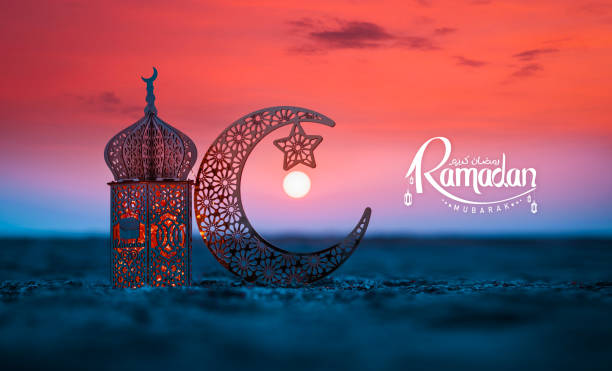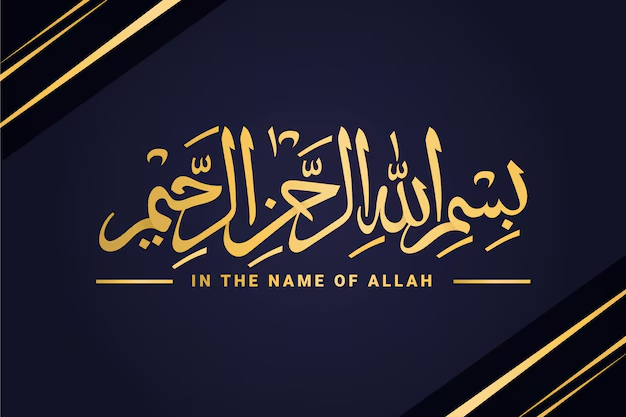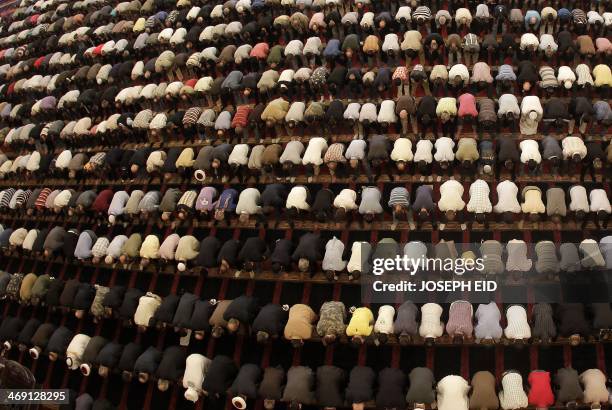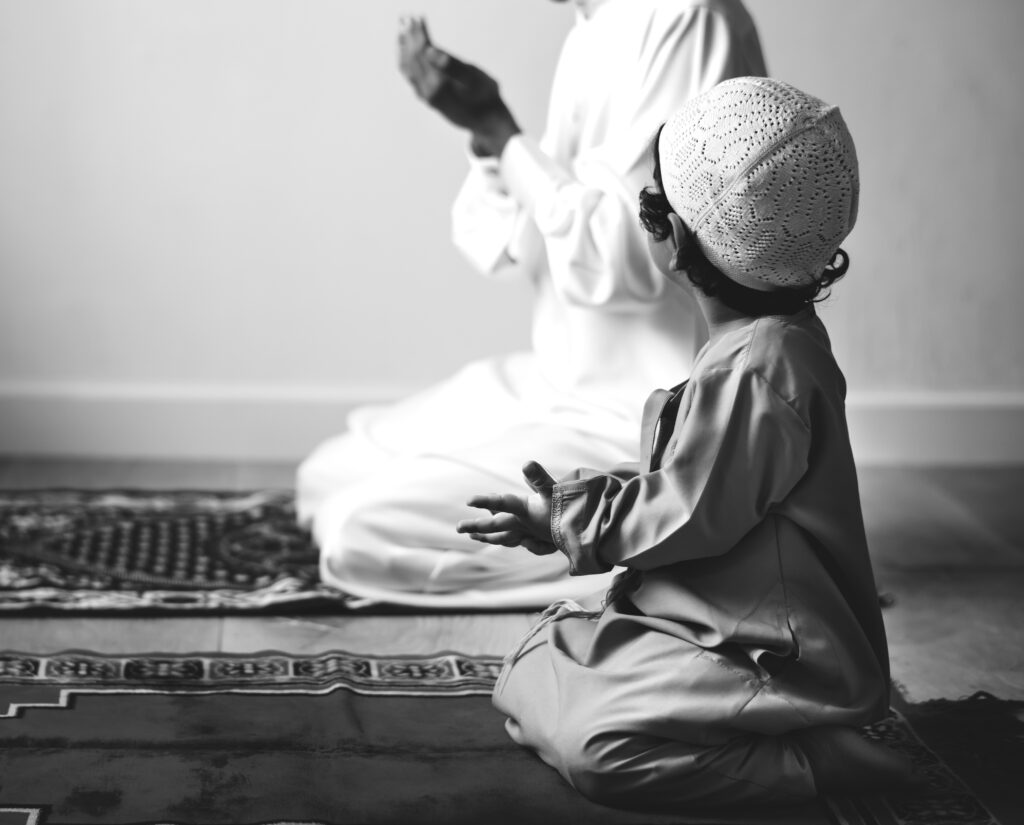Ramadan 2025 in Pakistan Ramadan is the ninth month of the Islamic calendar, considered the holiest month for Muslims around the world. During Ramadan, Muslims fast, engage in prayers, read the Quran, give charity, and strengthen their spiritual connection with Allah. The beginning of Ramadan is determined by the sighting of the moon, and its start can vary slightly depending on moon visibility. This year, the expected start of Ramadan 2025 in Pakistan is Saturday, March 1, 2025.

The Start of Ramadan and Moon Sighting
Islamic months begin with the sighting of the moon, and the start of Ramadan depends on the visibility of the new moon. As such, the beginning of Ramadan can vary from one country or region to another. In Pakistan, the expected start date is March 1, 2025, but this date is tentative and can change depending on the moon’s sighting.
The Significance of Ramadan and Its Spiritual Benefits
Fasting during Ramadan is a fundamental act of worship, with the aim of seeking closeness to Allah, purifying oneself, and learning self-control. During fasting, Muslims refrain from eating, drinking, and other physical needs from dawn to sunset. However, the essence of Ramadan is not just physical restraint but also spiritual growth. It is a time for reflection, self-discipline, and heightened devotion.
Spiritual Benefits:
Patience and Endurance: Fasting helps develop patience and the ability to control one’s desires.
Seeking Allah’s Pleasure: Ramadan is a month dedicated to seeking Allah’s approval through increased acts of worship.
Helping the Needy: Ramadan emphasizes charity and Zakat, with Muslims encouraged to help those in need, contributing to a more equitable society.
Acts of Worship During Ramadan
Throughout Ramadan, Muslims engage in several acts of worship that enhance their spirituality and bring them closer to Allah.
- Taraweeh Prayers:
One of the distinctive practices during Ramadan is the Taraweeh prayer, performed after the Isha prayer. Muslims gather in mosques to recite portions of the Quran during these prayers, with the entire Quran being recited by the end of the month. The Taraweeh prayers are an important part of Ramadan worship, offering an opportunity to complete the Quran during this blessed month.
- Recitation of the Quran:
Ramadan is also a time when Muslims aim to complete the recitation of the Quran. During this month, many Muslims seek to strengthen their connection with the Quran and reflect on its meanings. Laylat al-Qadr (the Night of Decree) is an especially significant night, as it marks the revelation of the first verses of the Quran to the Prophet Muhammad (PBUH). Muslims seek to make the most of this night through worship, prayer, and supplication.
- Charity and Zakat:
During Ramadan, Muslims are encouraged to give generously to those in need. Zakat, which is an obligatory form of charity, and Sadaqah, voluntary charity, are significant aspects of Ramadan. The Fitr charity (Zakat al-Fitr) is also given at the end of Ramadan to ensure that the poor can join in the celebrations of Eid al-Fitr.

The Significance of Ramadan Nights: Laylat al-Qadr
Among the nights of Ramadan, Laylat al-Qadr (the Night of Decree) holds particular importance. It is believed that the first revelation of the Quran was sent down on this night. Muslims seek to engage in intensive worship during the last ten days of Ramadan, particularly on the odd-numbered nights, as it is believed that Laylat al-Qadr could fall on any one of these nights.
Laylat al-Qadr is considered to be a night of immense blessings, and Muslims spend it in prayer, reciting the Quran, and seeking forgiveness from Allah.
The End of Ramadan and Eid al-Fitr
Ramadan concludes with the celebration of Eid al-Fitr, a joyous occasion marking the end of fasting. On this day, Muslims offer special prayers, exchange gifts, and share meals with family and friends. The giving of Zakat al-Fitr ensures that those in need can also celebrate Eid.
Eid al-Fitr is a time of gratitude to Allah for granting the strength to complete the fast, and it brings Muslims together in celebration of a month of worship, devotion, and sacrifice.
The Social Impact of Ramadan
Ramadan is not only a spiritual time but also has a significant social impact. During this month, Muslims make a special effort to strengthen their social ties with family and community members. The act of fasting fosters empathy for the poor and encourages people to help those less fortunate. Ramadan also brings about a spirit of unity, as Muslims from different parts of the world share the experience of fasting and worship.

The Final Days of Ramadan
The last ten days of Ramadan are particularly important. Muslims believe that among these nights is Laylat al-Qadr, which is better than a thousand months, and they dedicate themselves to extra prayers, seeking Allah’s mercy and forgiveness. This period is marked by intensified worship, as Muslims aim to make the most of the last days of this blessed month.
Conclusion
The beginning of Ramadan 2025 in Pakistan is expected to be Saturday, March 1, 2025, although this date is tentative and could vary depending on the moon’s sighting. Ramadan is a time for Muslims to engage in spiritual reflection, fasting, charity, and prayer. The practices of Taraweeh, reciting the Quran, and giving charity are central to Ramadan, and through these acts, Muslims seek to purify their hearts, strengthen their faith, and earn Allah’s forgiveness.
Ramadan also serves as a reminder of the importance of self-discipline, empathy, and community. It is a month to strengthen relationships with Allah and with one another. The month concludes with Eid al-Fitr, a celebration of gratitude and joy, marking the successful completion of the fasting period.

If you have any more questions about Ramadan or other Islamic holidays, feel free to ask!

Pingback: How to Give Charity in Ramzan A Comprehensive Guide